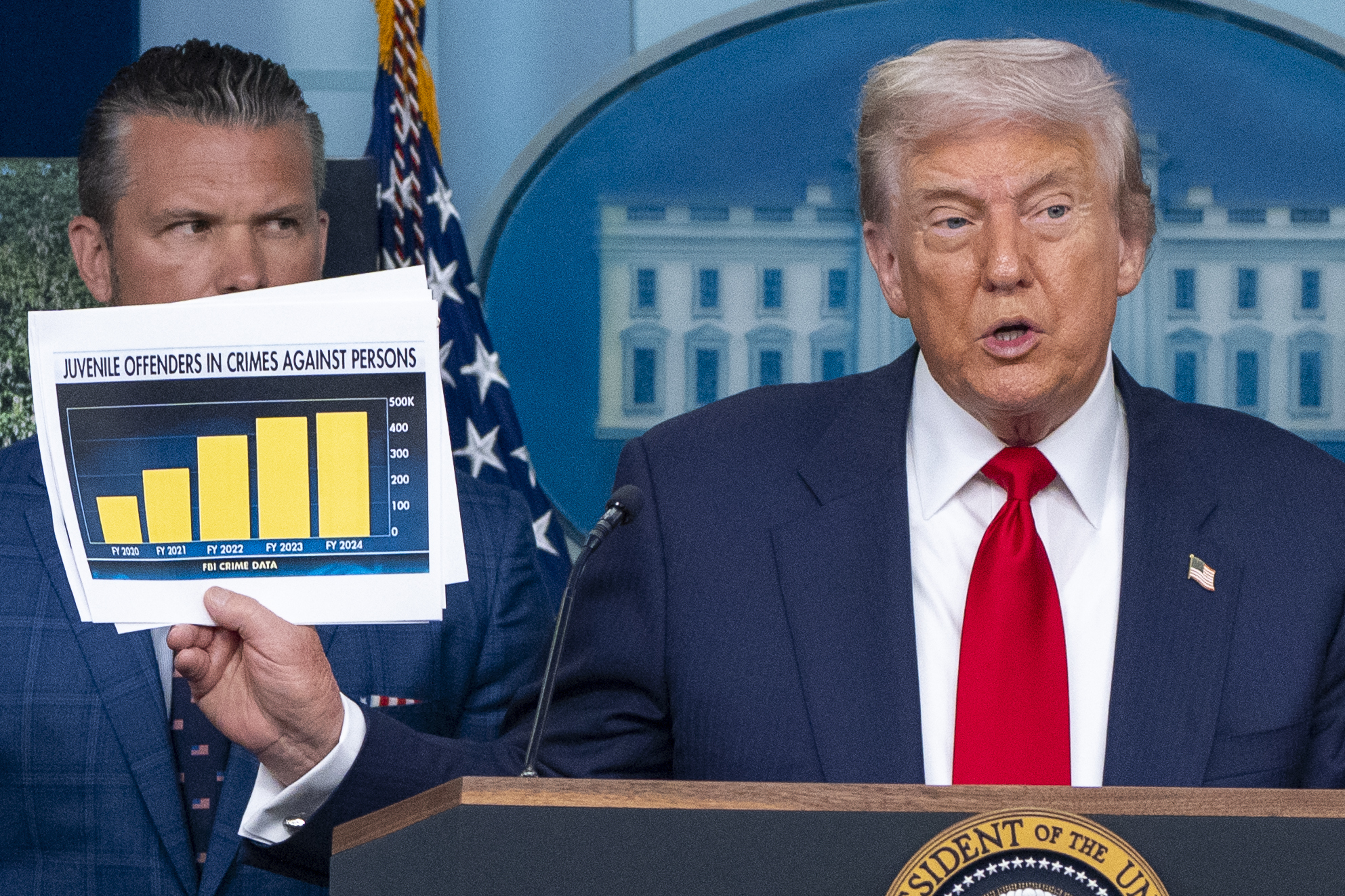WHAT NOW?
Well… it happened. Former President Donald Trump clinched the election, according to the Associated Press.
- That means Trump’s about to make history by becoming America’s first convicted felon commander-in-chief. In the end, Trump rode to victory on a wave of wild falsehoods; flagrant racism; bizarre attention-grabbing stunts; dark warnings of vengeance; and endless buffoonery, vitriol and gibberish. Despite all of that (or maybe, we have to admit, because of it), tens of millions of Americans decided they want this guy to run the country. In fact, Trump now appears on track to win the popular vote, something he’s never done before. If he does, he’ll be the first Republican to pull that off in two decades.
- Trump also got a big boost in this race from economic forces, particularly post-pandemic inflation. Although inflation was a global phenomenon that slowed dramatically this year, the price spike left Americans in a sour economic mood, even as the experts touted the improving data. Voters continued to say they trusted Trump more on the economy, which they called their No. 1 issue. Vice President Kamala Harris made late gains in this crucial area, but in the end, it wasn’t enough. Exit polls showed that two-thirds of voters called the economy bad, and the folks who felt that way broke for Trump.
- What are we in for now, exactly? Trump’s first term taught us that it’s hard to predict what he’ll do in any kind of detail. This is, after all, the president who proposed buying Greenland, mulled using nuclear weapons against hurricanes, and suggested curing COVID by injecting bleach. A lot of what Trump says he will do turns out to be little more than sound and fury. What we do know is that he’ll bring chaos and division — because he has brought them with him everywhere he’s gone since entering national politics almost a decade ago.
- Still, Trump’s rhetoric turned notably darker as the election drew closer. Trump vowed to punish or prosecute his political enemies more than 100 times, and openly pondered deploying the military to conduct mass deportations and confront civil unrest. He railed against “the enemy within.” His own former chief of staff, John Kelly, warned right before Election Day that Trump meets the definition of a fascist and will try to rule the country like a dictator. There can be little doubt that Trump will do his damnedest to roll back democratic norms in the U.S. This time, people like John Kelly — who at least believed in the idea of democratic institutions — likely won’t be around to quietly stymy Trump’s outlandish plans.
The question is: How far will he be able to go? And what kind of resistance will he face? What forces, if any, will keep him in check?
- Standing in the way of Trump’s most destructive impulses will be congressional Democrats, much of the media, and (to an extent) the courts. And there’s another crucial factor in what happens next: Everyday citizens. That means you, dear What A Day reader.
- A lot will depend on what voters are willing to put up with — and what they’ll make a ruckus about, what they’ll march for, what they’ll speak out about, and what they’ll tell their congressional representatives and state leaders. Congress remains a key check on presidential power. Governors and state legislatures can counterbalance a corrupt or bumbling White House, as they did during the pandemic.
Whether Trump succeeds in fundamentally transforming American society, or fails, will largely depend on the reaction he gets — including from everyday, average folks like you. Buckle up. It’s time to get involved.
Want more?
Our nightly newsletter keeps you in the loop on everything going on that you need to know.




